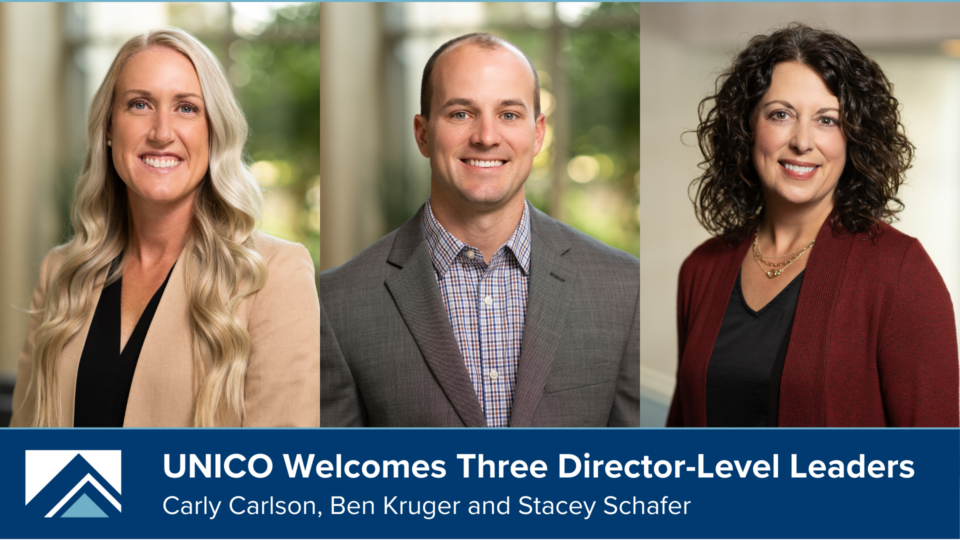One of the best ways to reduce the costs of workers’ comp claims is to avoid hiring an employee who is not fit to perform the essential functions of the job. While that may seem easier said than done, particularly in light of the many laws governing the hiring process, one tool has proven to be effective, but is underutilized. And that is the post-offer, pre-hire physical exam.
Typically, this consists of a medical history questionnaire and a pre-employment physical exam. The purpose is to measure the individual’s ability to safely perform the job for which they are hired. It’s important to remember that this can only be done after a conditional offer of employment has been made and it carries with it American with Disabilities (ADA) accommodation issues if you have more than 15 employees (five in California). Also, consistency and confidentiality is critical. The exam must be required of all persons offered positions in the same job category and the medical information must be kept confidential.
Here are six steps that are essential to the process:
1. Have job descriptions that clearly define the physical and mental essential functions of the job.
2. Work with a physician trained in occupational medicine to develop a medical questionnaire based on the physical requirements of the job. It’s important that the questions be narrowly tailored to the ability to perform the essential functions of the job and that the physical job criteria not be overstated. Straying from this focus can set off a legal minefield, including privacy rights, ADA, the Genetic Information Nondiscrimination Act (GINA) and Workers’ Compensation issues. It’s best to have the questionnaire administered by the physician conducting the exam as this ensures privacy protection, and is more likely to attain honest responses.
3. Extend a Conditional Offer of Employment to the best-qualified applicant. The Conditional offer should include a detailed description of the essential job duties, a statement that the employer will reasonably accommodate any physical or mental disability the applicant may have, and that the conditional offer may be withdrawn prior to the effective date of employment if, in the medical opinion, the applicant is unable to safely perform the job duties with reasonable accommodations.
4. Have the exam conducted offsite by an occupational physician or clinic that understands your business and the job requirements. It’s ideal to have a close working relationship because the more the physician knows about your job functions, the greater the value of the feedback. In most cases, the exam will include a functional capacity or work simulation component, which must match and not exceed the requirements of the job. Note: the post-offer medical exam must be the final step in the hiring process or it is unlawful under the ADA. This is to protect the applicant from providing unnecessary medical information in the event an employer rejects an applicant as a result of a background check or negative references.
5. Review the results, and if limitations are identified, determine what reasonable accommodations can be made. Get help from sources such as the Job Accommodation Network, the occupational physician and an attorney.
6. Develop a written policy regarding fitness-for-duty exams and review the policy, process, and medical questionnaire with a qualified employment attorney. Some employers shy away from the exams because of the possibility of a lawsuit. While the laws are complex, the post-offer, pre-hire physical exam is one of the most effective ways to ensure that you do not hire a costly workers’ compensation claim.
The team at UNICO Group are considered workers compensation experts. We are the only agency in Nebraska to have Certified Work Comp Advisors and we have been named the National Work Comp Agency of The Year. Contact us to see how we can improve your work comp program and increase your profitability.



